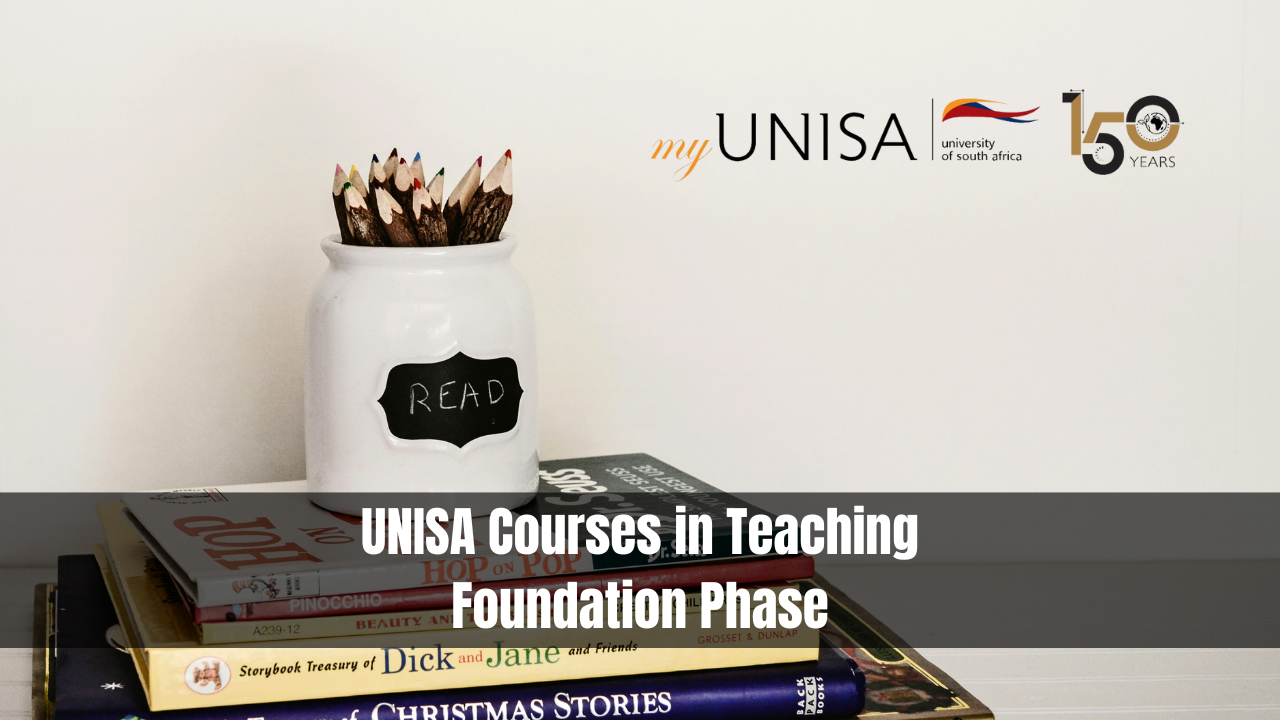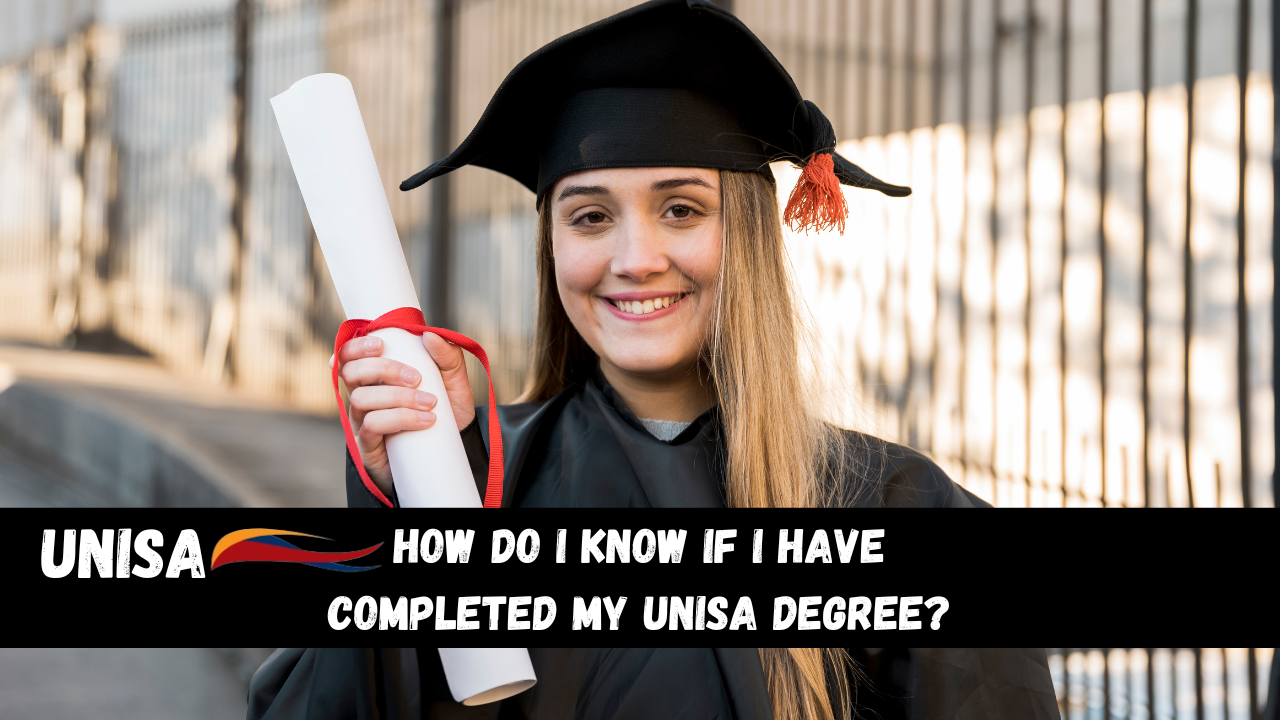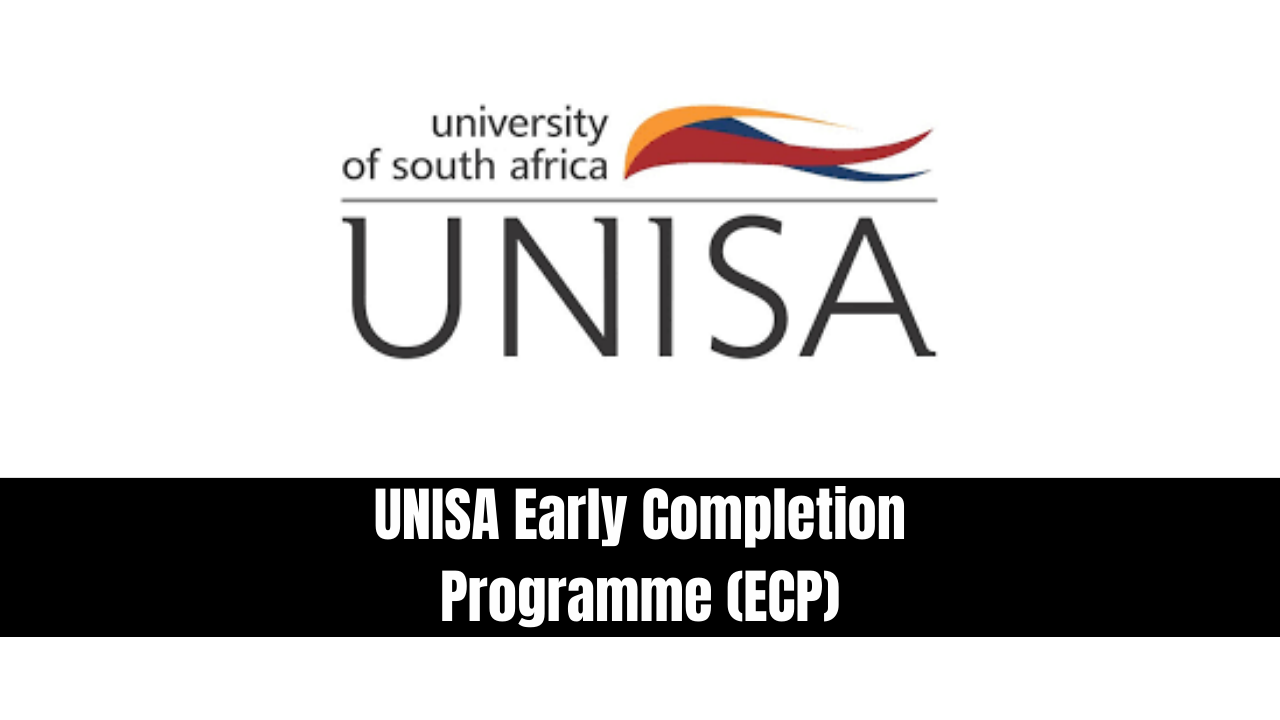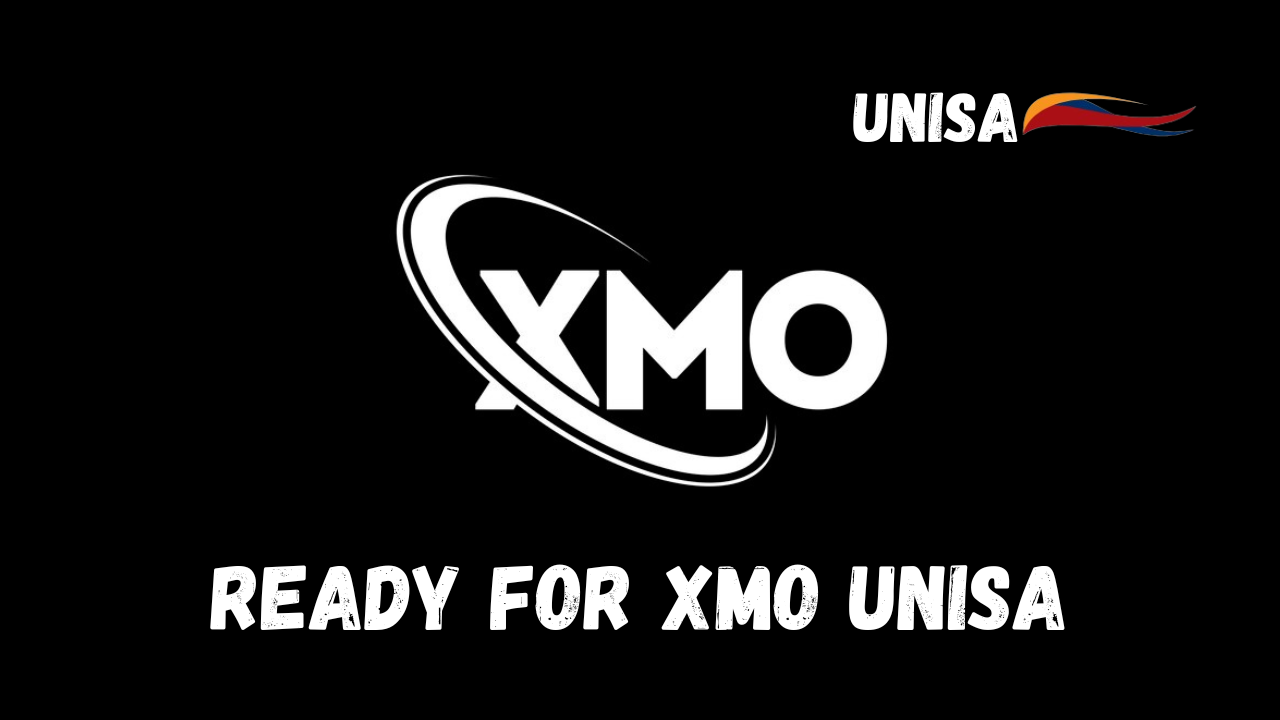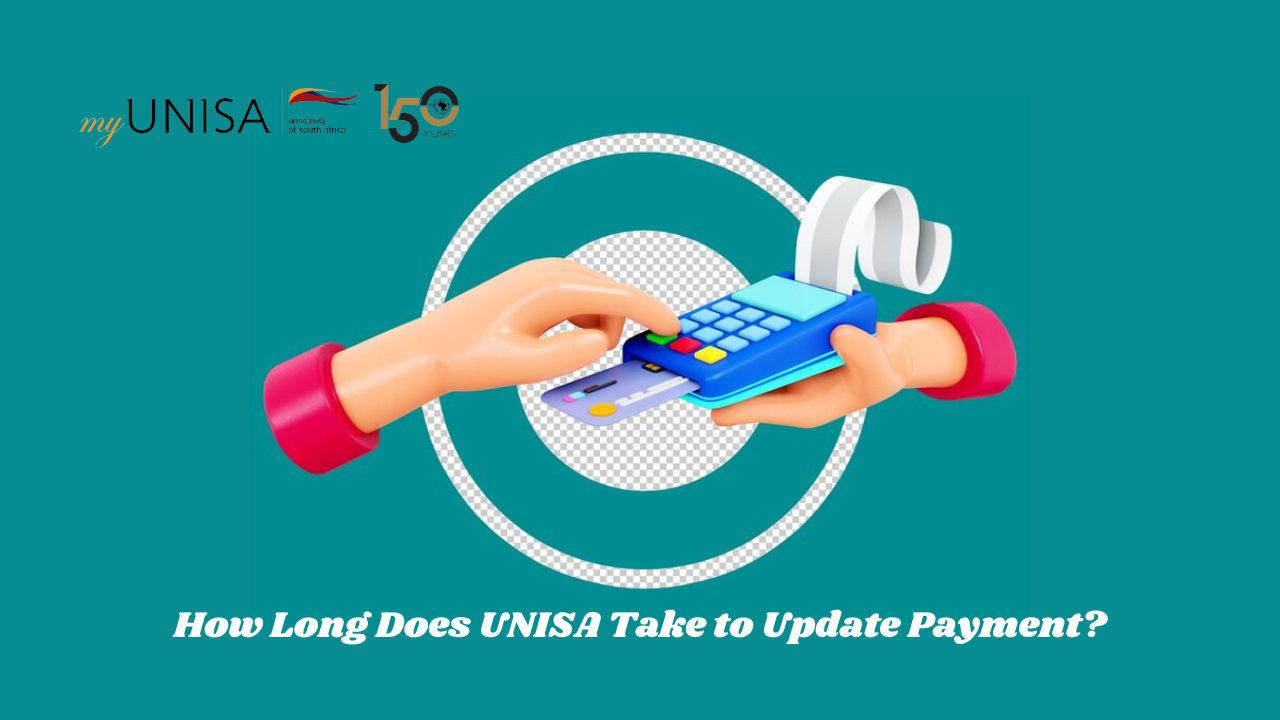UNISA Courses in Teaching Foundation Phase. The University of South Africa (UNISA) offers a range of courses designed to prepare aspiring educators for the Foundation Phase. This article will explore the available courses, admission requirements, and the unique aspects of studying at UNISA.
Why Choose UNISA for Foundation Phase Teaching?
UNISA is renowned for its comprehensive distance learning programs, making education accessible to a diverse student body. Studying at UNISA allows future teachers to gain practical experience while benefiting from a flexible learning schedule.
UNISA Courses in Teaching Foundation Phase
Bachelor of Education (BEd) in Foundation Phase Teaching
- Duration: 4 years
- Course Structure: This program includes subjects such as child development, teaching methods, educational psychology, and specific courses in literacy, numeracy, and life skills.
- Practical Experience: Students will engage in teaching practice sessions to gain hands-on experience in real classroom settings.
- Diploma in Grade R Teaching
- Duration: 3 years
- Course Structure: This diploma focuses on preparing educators for teaching Grade R. It covers child development, learning through play, and effective classroom management techniques.
- Practical Experience: Includes practical teaching components in Grade R classrooms.
Advanced Certificate in Teaching (ACT) Foundation Phase
- Duration: 1 year (Postgraduate)
- Course Structure: Designed for current teachers who wish to specialize in the Foundation Phase. It covers advanced pedagogical strategies, curriculum development, and assessment methods.
What are the Requirements for Teaching at UNISA for Foundation Phase?
To gain admission into the Foundation Phase Teaching programs at UNISA, applicants must meet specific requirements. The primary admission requirement is based on the National Certificate Vocational (NCV) Level 4.
- National Certificate Vocational (NCV) Level 4:
- Applicants must have completed the NCV Level 4 with at least 60% in three fundamental subjects.
- One of these subjects must be the language of teaching and learning at UNISA.
- Additional requirements may include a certain percentage in relevant vocational subjects.
Additional Requirements
- A Senior Certificate (SC) with matriculation exemption or equivalent qualification.
- Certain programs may require a minimum number of points on the UNISA points system.
Benefits of Studying Foundation Phase Teaching at UNISA
- Flexible Learning: UNISA’s distance education model allows students to study at their own pace, making it ideal for those who need to balance work and study.
- Comprehensive Curriculum: The courses are designed to provide a strong theoretical foundation and practical skills necessary for effective teaching.
- Support Services: UNISA offers a range of support services, including academic counseling, online resources, and student support centers to assist with the learning process.
Career Opportunities
Graduates of UNISA’s Foundation Phase Teaching programs can pursue various career opportunities, including:
- Foundation Phase Teacher: Teaching Grade R to Grade 3 in public or private schools.
- Educational Consultant: Providing expert advice on early childhood education.
- Curriculum Developer: Designing and developing educational materials and curricula for the Foundation Phase.
Conclusion
UNISA’s courses in Teaching Foundation Phase are designed to equip future educators with the skills and knowledge necessary to excel in early childhood education. With flexible learning options, a comprehensive curriculum, and a commitment to practical experience, UNISA stands out as a top choice for aspiring Foundation Phase teachers.
Read Also :
- SASSA Payment Dates for 2024/2025
- SASSA Child Grant Date for July 2024
- SASSA Old Age Grant Date for July 2024
- SASSA Disability Grant Date for July 2024
- Here Some Changes In Old Age Pension Grant Payment Date for July 2024
- Can I Accept 2 Offers At UNISA?
